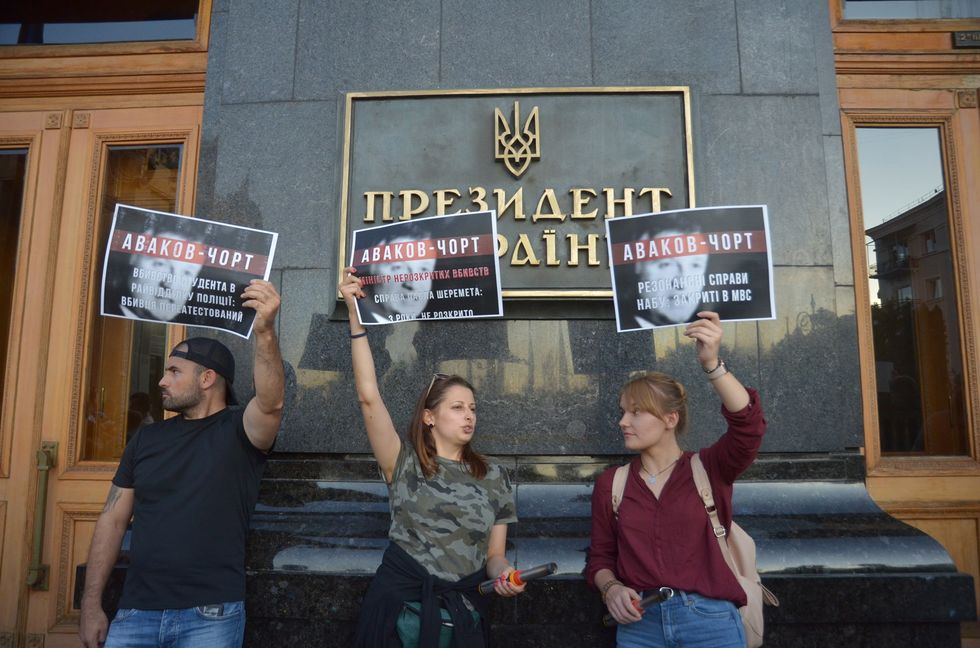
To read the first article of this series, click here.
On 24 April, Ukrainian Minister of Interior Arsen Avakov on his Facebook page published a statement about the 1915 events and the necessity of the ‘recognition of the Armenian genocide’ by the Ukrainian state. This statement was also published by some Ukrainian media outlets. In fact, Minister Avakov’s statement is not the first of its kind in Ukraine. Quite the opposite, in June 2013, April 2015, May 2019, and February 2020, four draft resolutions on the ‘recognition of the Armenian Genocide’ were submitted to the Ukrainian parliament. Accordingly, Avakov’s statement cannot be regarded as an isolated event. On the contrary, we are witnessing a continuity of similar initiatives that are poisonous for the further developments and deepening of Turkey-Ukraine relations.
No matter in what ways and through which rhetorical tools they are represented, third parties’ interests in 1915 events are ultimately shaped by political considerations. For this reason it is necessary to understand the political objectives of the Ukrainian politicians, who bring the ‘Armenian question’ into the agenda in Ukraine. Examining who these politicians are and their political careers tells a lot about their about these objectives.
The People behind the Push for the ‘Recognition of the Armenian Genocide’
The authors of the 2013 Draft Resolution
The first draft resolution on the ‘recognition of the Armenian genocide’ submitted to the Ukrainian parliament in June 2013 was authored by three MPs, namely, Nver Mkhitaryan, Vilen Shatvoryan, and Arsen Avakov (the author of the above-mentioned recent statement). One salient commonality among these three people is that they are all non-Ukraine born ethnic Armenians; Mkhitaryan and Shatvoryan were born in Yerevan, while Avakov was born in Baku. Mkhitaryan moved to Ukraine in his mid-thirties.
When they drafted the resolution in 2013, Mkhitaryan and Shatvoryan were MPs from the Party of Regions, a pro-Russian party headed by Viktor Yanukovych, the president of Ukraine between 2010 and 2014. To remind a well-known fact, Yanukovich escaped to Russia after the EuroMaidan Revolution. A lesser known fact, on the other hand, is that Yanukovych issued an invitation to Russia to intervene in Ukraine on 1 March 2014. This invitation was probably the strongest argument of Russia to legitimize its occupation of Crimea, which it indeed did, as highlighted in the UN Security Council session on 3 March 2014. It should also be reminded that, following the EuroMaidan Revolution, some members of the Party of Regions were subjected to criminal investigations.
Vilen Shatvoryan has been the long-time president of the Union of Armenians of Ukraine (UAU). During the EuroMaidan Revolution, this organization, headed by Shatvoryan at that time as well, took a position somewhere between neutrality and pro-Yanukovich stance, but clearly kept away from the anti-Yanukovvich EuroMaidan protesters. Although this can be seen as a defensive mechanism of an ethnic minority, both Shatvoryan’s membership in the Party of Regions and the 'humanitarian assistance' of the UAU to Donetsk and Lugansk in 2014 autumn in the midst of heavy fighting between the Moscow-backed separatists and the Kyiv-loyal forces hints to the direction of Shatvoryan and the UAU’s loyalty (fast forward to today, it is the same UAU headed by the same Shatvoryan that has installed four billboards on the ‘Armenian genocide’ in Poltava in April 2021).
As said, the third author of the 2013 Draft Resolution is Arsen Avakov. Interestingly, that time he was an MP from the Fatherland Party of Yuliya Tymoshenko, one of the leaders of the pro-Western 2004 Orange Revolution and a staunch rival of Yanukovich. We shall be focusing more on Avakov below.
The author of the 2015 Draft Resolution
The 2015 draft resolution was initiated by Vitaly Barvinenko. Barvinenko began his political career in the Fatherland Party, but after being expelled, he joined the Party of Regions in 2011. In 2012, he was elected MP from this party’s ticket from Odessa, a region with a strong pro-Russian social base and a disrepute for being a base for organized crime and the so-called ‘Odessa Mafia,’ also referred to as ‘Malina.’ In the 2014 elections, he again entered the parliament as an independent MP from Odessa and then joined the Renaissance party (Ukr. Відродження, also called Revival), which was mostly composed of former Party of Regions MPs.
The author of the 2019 Draft Resolution
Anton Polyakov is the author of the 2019 Draft Resolution. He submitted the draft resolution in May 2019 when he was a MP from the current Ukrainian President Volodymyr Zelensky’s Servant of the People party, which won the July 2019 parliamentary elections. In November 2019, Polyakov was expelled from this party for non-conformity with party decisions.
Polyakov is one of the most attention-grabbing MPs in the Ukrainian parliament, alas not for his good service but his suspicious activities. In the spring of 2020, when the so-called ‘anti-Kolomoisky’ law, a law for the regulating the highly corrupted banking sector as a requirement of IMF aid, 16,500 amendments were submitted by a total of seven MPs apparently to block the passage of this law. At least, 6,033 of these amendments were proposed by Polyakov. For those who may wonder how that many amendments could be submitted on a law, Ukrainian media reported that he even proposed amendments to amend the amendments that he had previously proposed.
As its epithet demonstrates, the main target of the said law was Ihor Kolomoisky, one of the richest and corrupt oligarchs in Ukraine, on whom the US imposed sanctions on March 2021 for his involvement in shady activities. Following the episode of ‘anti-Kolomoisky’ law, in June 2020, Polyanov joined the Kolomoisky-financed For the Future party, which is composed mostly of former Party of Regions affiliates. Polyakov was nominated as the candidate of this faction in Chernihiv in October 2020 local elections.
In addition to these questionable deeds, another noteworthy thing about Polyakov is his supportiveness to the ‘Armenia Cause.’ For example, in July 2020, when large scale clashes erupted between Azerbaijan and Armenia, Polyakov, together with Daria Volodina, another MP that will be mentioned below, criticized Ukraine and the Minister of Foreign Affairs Dmytro Kuleba for supporting Azerbaijan instead of “staying neutral.” He made similar statements and condemned Azerbaijan during the 2020 Karabakh War.
As to his sympathy toward the ‘Armenia Cause’ one curious coincidence is that Polyakov was received by the President of Armenian Revolutionary Federation/Dashnaktsutyun-affiliated European Armenian Federation for Justice and Democracy on 27 November 2019, only fourteen days after he was expelled from the Servant of the People party. It should also be highlighted that Polyakov is a member of the Interparliamentary Relations with the Republic of Armenia Group in the Ukrainian parliament.
The author of the 2020 Draft Resolution
The 2020 Draft Resolution was submitted by Daria Volodina from the Servant of the People party. Like Polyakov, Volodina, too, is a member of the Interparliamentary Relations with the Republic of Armenia Group composed of 18 MPs; 13 from the Servant of the People and 5 from the pro-Russian opposition (3 MPs from the Opposition Platform-For Life and 2 MPs from For the Future). Speaking about this parliamentary group, it can be seen that some of the members of this group are also quite controversial figures such as the head of the group, Artem Dmytruk, who is believed to be an apparatchik of Rinat Akhmetov, again one of the wealthiest oligarchs in Ukraine and a financier of the Party of Regions before 2014 and a MP from this part between 2006 and 2012.
Volodina has other commonalities with the initiators of the previous draft resolutions, as well. One of those commonalities is her Armenian heritage like the authors of the 2013 Draft Resolution and the 2021 Statement. In an interview she gave in 2018 to the aforementioned UAU, Volodina said that she tries to go to Armenia as frequently as possible to learn the Armenian language and meet her many relatives there. In this interview, she expressed her affinity with her Armenian heritage with the words “you cannot cheat the blood” (Ukr. кровь не обманешь). In fact, Volodina is an active member of the Armenian-Ukrainian community affiliated with the Union of Armenians of Ukraine. She continues her activities within the UAU after she was elected MP in 2019 elections.
Volodina’s interest in ethnic communities in Ukraine is not just limited with the Armenians. Although with a striking variance of attitude, on 15 April 2020 on her Facebook page she posted a comment criticizing the financing of the only Crimean Tatar television in Ukraine ATR Channel. Although it is true that the financing of the ATR Channel by the state budget has been a point of discussion in Ukraine, whether Volodina opposes that for her concerns about public finance and state resources or ethnic-skepticism towards a Turkic group in Ukraine is an open question. Though answering this question with certainty is impossible, one may point out, at least, Volodina’s ignorance of the fact that Crimean Tatars are not just any ethnic group in Ukraine but an indigenous people that has been resisting the occupation of Crimea more vociferously than any other group in Ukraine including ethnic Ukrainians and that the Ukrainian state sustains a policy of positive discrimination towards the Crimean Tatars in several areas such as education.
Finally, and also related to her ‘sensitivity’ about state resources, in October 2019, Volodina was one of the suspects of a corruption scandal related to real-estate sector and allegations of bribe-taking worth of 30,000 US Dollars.
The author of the 2021 Statement
As stated above, the 2021 Statement was penned by Arsen Avakov, one of the three non-Ukraine born ethnic Armenia co-initiators of the 2013 Draft Resolution, though this time not as a MP but as a minister. Avakov began his political career in 2002. Since then, he has been holding key political and administrative posts, despite the dramatic upheavals and changes in the political sphere in Ukraine. What is more, since 2014, he has increased his power so much that, figuratively speaking, he has become as “a state within a state.”
In fact, Avakov is, in essence, a stereotypical Ukrainian politician who can find her/his way in every turn of the extremely corrupted politics in the country. Avakov supported Viktor Yanukovich during 2004 presidential elections during the process in which the anti-Yanuhovich, pro-Western Orange Revolution unfolded. After the Orange Revolution, he joined the pro-Yanukovich Our Ukraine party. Still, he managed to become a member the National Security and Defense Council of Ukraine during the Viktor Yuschenko’s presidency, another leader of the Orange Revolution and a main enemy of Yanukovych. In April 2010, he joined Tymoshneko’s Fatherland Party, mentioned above.
Avakov is not just a veteran and a ‘very talented’ politician, but also one of the richest persons in Ukraine. As to that, one interesting fact is that there are multiple allegations about Avakov’s and his family member’s illegal activities. Because of these allegations, he was placed in Interpol’s international list of the wanted in 2012 and put under house arrest in Italy. Yet, approximately after seven months, he managed to be elected as MP from the Fatherland Party and returned to Ukraine. In February 2014, after the EuroMaidan Revolution, Avakov was appointed as the Acting Minister of Interior. Avakov has survived in this post despite the change of the government several times.
Regardless of his power, Avakov has increasingly become a hate figure for the Ukrainian civil society focusing on good governance, rule of law, and anti-corruption. As to that, it is telling that the term “Avakov-devil” (Ukr. Аваков-чорт) has become a popularly used epithet for Avakov after the anti-Avakov protests in June 2020. Last but not the least thing that deserves mentioning is the de facto alliance between Avakov and Kolomoisky (mentioned above) and the latter’s support to the former to remain the Minister of Interior that has gained further visibility since the spring of 2019.
The Objectives of the Advocates of the ‘Armenian Cause’ in Ukraine
The overview of the advocates of the ‘Armenian Cause’ in the political sphere in Ukraine unveils several important issues. Fist, three of the five attempts about the ‘recognition of the Armenian genocide’ were initiated by Armenian-Ukrainian politicians. Calculate otherwise, four of the six initiators are ethnic Armenians. This reveals that Armenian Ukrainians are a significant factor in the propaganda of a certain characterization of the 1915 events in Ukraine.
In fact, this is not anything unprecedented or something unique to Ukraine. In most of the countries that the Armenian narrative about the 1915 events are propagated, we see the determined work and lobbying of the ethnic Armenians. Yet, in a country like Ukraine that struggles hard to maintain its cohesiveness and to construct a civic nation, such particularistic ethnic enterprises would hardly have constructive results. Daria Volodina’s approach to the Crimean Tatar ATR Channel maybe a warning signal in this regard. In fact, this is not only a ‘domestic’ issue. As the conflict in Donbas demonstrates, Ukraine’s fortification of national unity based on civic nationhood is a matter of national security.
Another risky possibility is the utilization of the ‘Armenian question’ to damage the positive relations between Turkey and Ukraine that grows day by day with the hard work of the policy makers on both sides. The answer of the why question is obvious and does not require explanation. Yet, the answer of the how question should be elaborated.
As mentioned in the first article of this series, 2014 was a turning point in both Turkey-Ukraine and Ukraine-Russia relations. Therefore, it is striking that the second draft resolution came in April 2015 from a non-ethnic Armenian MP Vitaly Barvinenko, who was affiliated with pro-Russian political forces when Ukraine needed international support most. Being a politician that built his political career within pro-Russian circles, it would not be an accurate judgement that Barvinenko proposed this draft law in defense of ‘European/western values’ as some pro-Western advocates of the ‘Armenian Cause’ in Ukraine assert. Contrarily, the Barvinenko case suggests that ‘Armenian question’ in Ukraine can become a particularly useful asset for Kremlin via the provocations of pro-Russian politicians in Ukraine.
As to this point, it is quite striking that one day after Minister Avakov published his statement on 24 April 2021, Patriarch Kirill of the Russian Orthodox Church, on the Russian state television Rossiya 24, stated that Christians in the Ottoman Empire were not exterminated. Considering the organic relationship between Kremlin and the Russian Orthodox Church and the fact that Patriarch Kirill would not have made such a statement without the approval of Moscow (which, indeed, recognized the 1915 events as genocide in 1995), the naivety of assessing Patriarch Kirill’s statement as a proclamation of a good-willed clergy could be become clear. Quite the opposite, Partriach Kirill’s statement should be a wakeup call about the likely attempts of Kremlin to use initiatives about the 1915 events in Ukraine to drive a wedge between Turkey and Ukraine in order to alter the balances and relationships in the Black Sea region.
Another point to underline with respect to international relations and regional politics is the anti-Azerbaijani stance of some of the champions of the ‘Armenian Cause’ in Ukraine. As the example of Anton Polyakov (the initiator of the 2019 Draft Resolution) shows, these people tend to harm not only Turkey-Ukraine relations, but also latter’s relations with Azerbaijan. Such a harm would mean the collapse of the much needed de facto cooperation between these two countries, as well as Georgia and Moldova, to advocate the principles of sovereignty and territorial integrity. Besides, Kyiv’s unprincipled stance would also cause inconsistencies in Ukraine’s defense of its arguments with respect to Crimea and Donbas in the international arena. Who, besides Armenia, would benefit from such a situation is crystal clear.
Having mentioned these points related to international relations and regional politics, it should also be underlined that designating all advocates of the ‘Armenian Cause’ in Ukraine as ‘ethnic entrepreneurs’ or as people running the pro-Russian agenda would be a partial conclusion. One should also be aware that these people may be pursuing their own political agenda, whether or not the results may be very much welcomed by Kremlin. That is to say, at least some of these people, first and foremost Minister Avakov, may also be trying to weaken their opponents in the government or bureaucracy by creating difficulties in the international domain.
In brief, politicized ethnic concerns, harming Turkey-Ukraine relations, and gaining political power seem to be the primary objectives of the advocates of the ‘Armenian Cause’ in Ukraine. This reveals that the ‘Armenian question’ in Ukraine is a political bait utilized for different but all subversive ends.
*Photo: iamir.info
© 2009-2025 Center for Eurasian Studies (AVİM) All Rights Reserved
No comments yet.
-
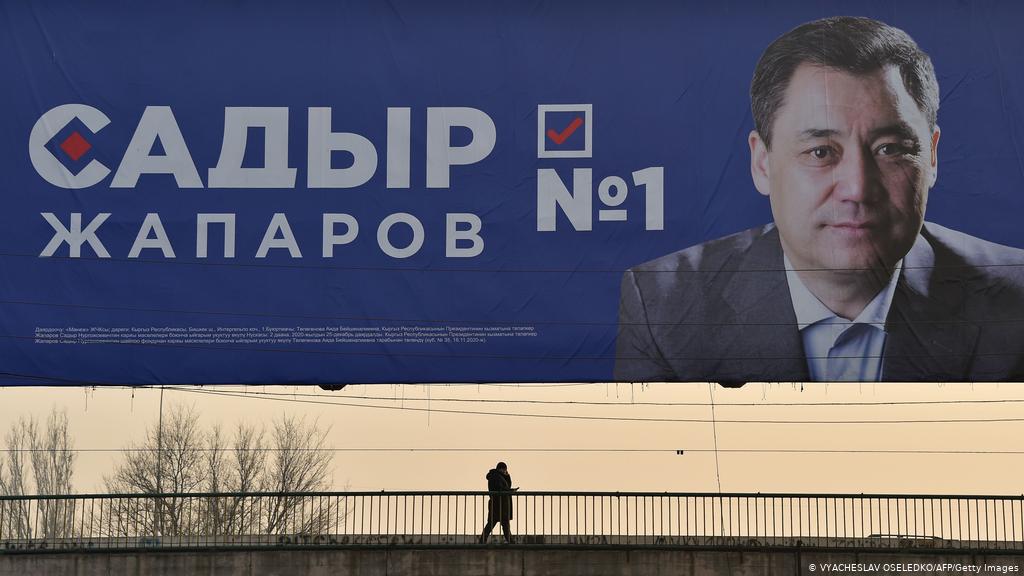 KYRGYZSTAN AFTER 10 JANUARY 2021 PRESIDENTIAL ELECTIONS AND CONSTITUTIONAL REFERENDUM
KYRGYZSTAN AFTER 10 JANUARY 2021 PRESIDENTIAL ELECTIONS AND CONSTITUTIONAL REFERENDUM
Turgut Kerem TUNCEL 21.01.2021 -
 PASHINYAN CALLS ON ARMENIAN DIASPORA TO BEHAVE RESPONSIBLY
PASHINYAN CALLS ON ARMENIAN DIASPORA TO BEHAVE RESPONSIBLY
Turgut Kerem TUNCEL 04.10.2024 -
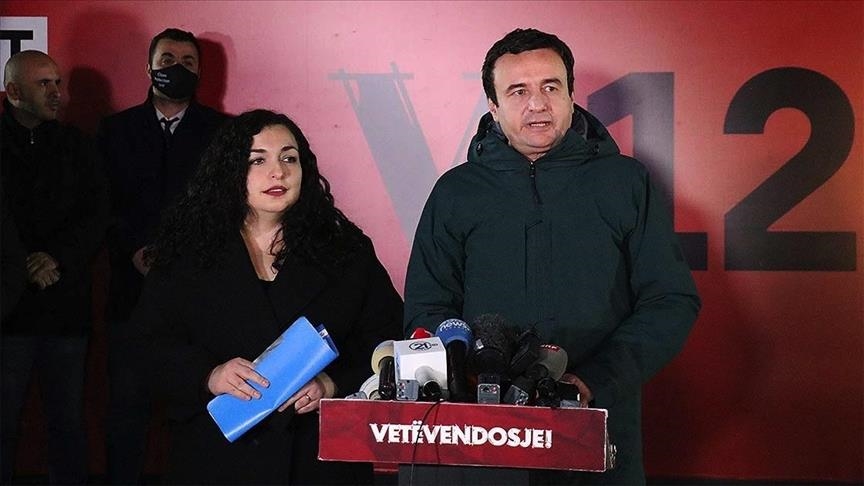 OPPORTUNITIES AND CHALLENGES AHEAD OF KOSOVO AFTER THE FEBRUARY 2021 PARLIAMENTARY ELECTIONS
OPPORTUNITIES AND CHALLENGES AHEAD OF KOSOVO AFTER THE FEBRUARY 2021 PARLIAMENTARY ELECTIONS
Turgut Kerem TUNCEL 22.02.2021 -
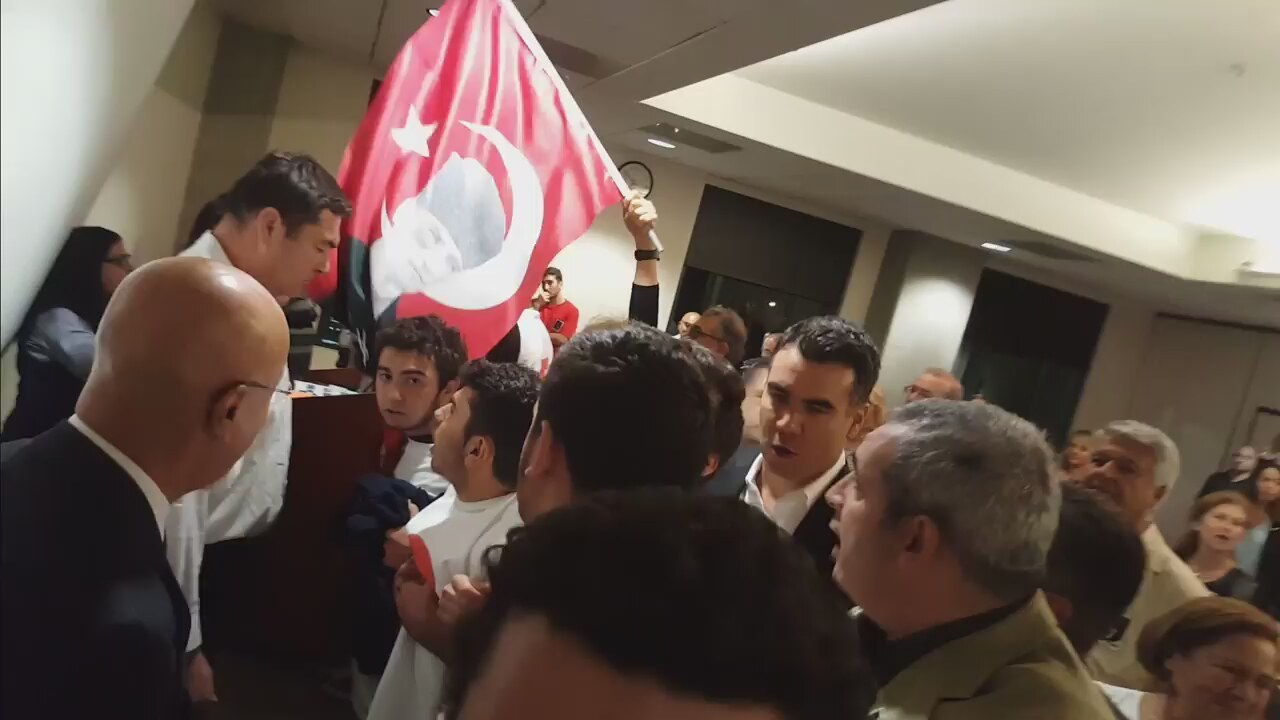 LESSONS TO BE LEARNED FROM THE 10 NOVEMBER EVENTS IN CALIFORNIA
LESSONS TO BE LEARNED FROM THE 10 NOVEMBER EVENTS IN CALIFORNIA
Turgut Kerem TUNCEL 15.11.2016 -
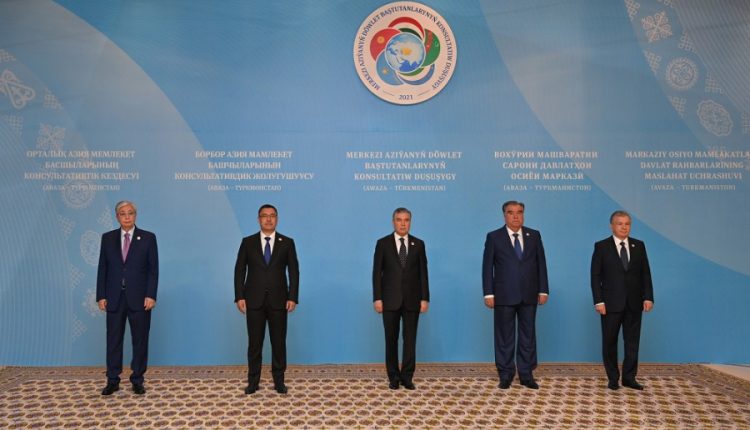 THE RIGHT TIME TO HASTEN COOPERATION AMONG THE CENTRAL ASIAN REPUBLICS
THE RIGHT TIME TO HASTEN COOPERATION AMONG THE CENTRAL ASIAN REPUBLICS
Turgut Kerem TUNCEL 23.08.2021
-
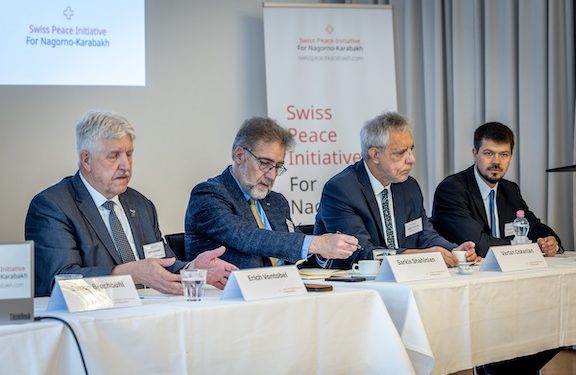 SWITZERLAND'S BIASED STANCE AND ITS HARMFUL EFFECTS ON PEACE EFFORTS - 2
SWITZERLAND'S BIASED STANCE AND ITS HARMFUL EFFECTS ON PEACE EFFORTS - 2
Selenay Erva YALÇIN 02.07.2025 -
NEW DRAFT RESOLUTIONS IN THE U.S.A
Ömer Engin LÜTEM 16.06.2011 -
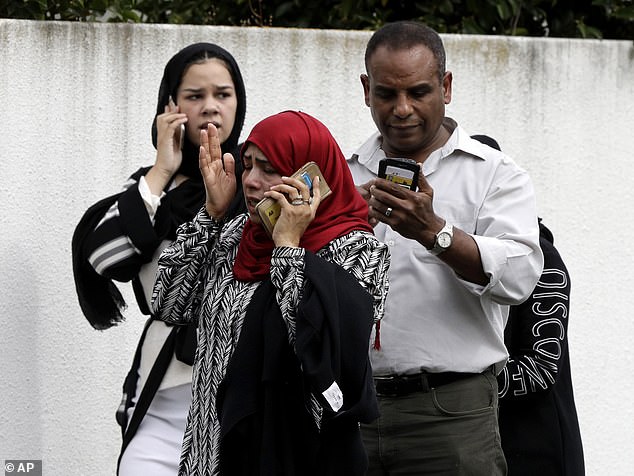 THE EUROPEAN PARLIAMENT RESOLUTION AND THE TERRORIST ATTACK AT CHRISTCHURCH
THE EUROPEAN PARLIAMENT RESOLUTION AND THE TERRORIST ATTACK AT CHRISTCHURCH
Teoman Ertuğrul TULUN 15.03.2019 -
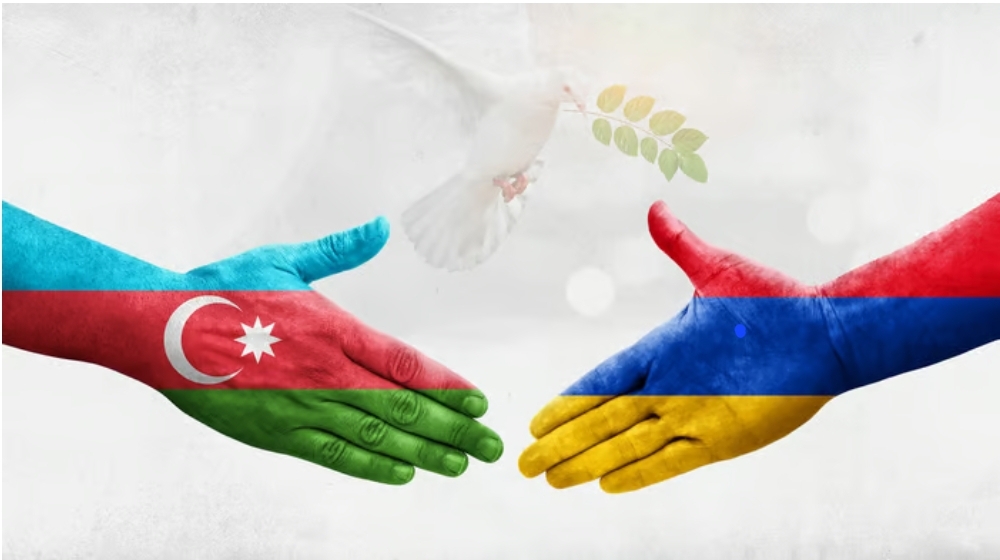 OBSTACLES TO PEACE BETWEEN AZERBAIJAN AND ARMENIA
OBSTACLES TO PEACE BETWEEN AZERBAIJAN AND ARMENIA
Tuğçe TECİMER 26.07.2024 -
 NAGORNO-KARABAKH AND CRIMEA: A COMPARISON OF DOUBLE STANDARDS
NAGORNO-KARABAKH AND CRIMEA: A COMPARISON OF DOUBLE STANDARDS
Mehmet Oğuzhan TULUN 31.03.2014
-
25.01.2016
THE ARMENIAN QUESTION - BASIC KNOWLEDGE AND DOCUMENTATION -
12.06.2024
THE TRUTH WILL OUT -
27.03.2023
RADİKAL ERMENİ UNSURLARCA GERÇEKLEŞTİRİLEN MEZALİMLER VE VANDALİZM -
17.03.2023
PATRIOTISM PERVERTED -
23.02.2023
MEN ARE LIKE THAT -
03.02.2023
BAKÜ-TİFLİS-CEYHAN BORU HATTININ YAŞANAN TARİHİ -
16.12.2022
INTERNATIONAL SCHOLARS ON THE EVENTS OF 1915 -
07.12.2022
FAKE PHOTOS AND THE ARMENIAN PROPAGANDA -
07.12.2022
ERMENİ PROPAGANDASI VE SAHTE RESİMLER -
01.01.2022
A Letter From Japan - Strategically Mum: The Silence of the Armenians -
01.01.2022
Japonya'dan Bir Mektup - Stratejik Suskunluk: Ermenilerin Sessizliği -
03.06.2020
Anastas Mikoyan: Confessions of an Armenian Bolshevik -
08.04.2020
Sovyet Sonrası Ukrayna’da Devlet, Toplum ve Siyaset - Değişen Dinamikler, Dönüşen Kimlikler -
12.06.2018
Ermeni Sorunuyla İlgili İngiliz Belgeleri (1912-1923) - British Documents on Armenian Question (1912-1923) -
02.12.2016
Turkish-Russian Academics: A Historical Study on the Caucasus -
01.07.2016
Gürcistan'daki Müslüman Topluluklar: Azınlık Hakları, Kimlik, Siyaset -
10.03.2016
Armenian Diaspora: Diaspora, State and the Imagination of the Republic of Armenia -
24.01.2016
ERMENİ SORUNU - TEMEL BİLGİ VE BELGELER (2. BASKI)
-
AVİM Conference Hall 24.01.2023
CONFERENCE TITLED “HUNGARY’S PERSPECTIVES ON THE TURKIC WORLD"









